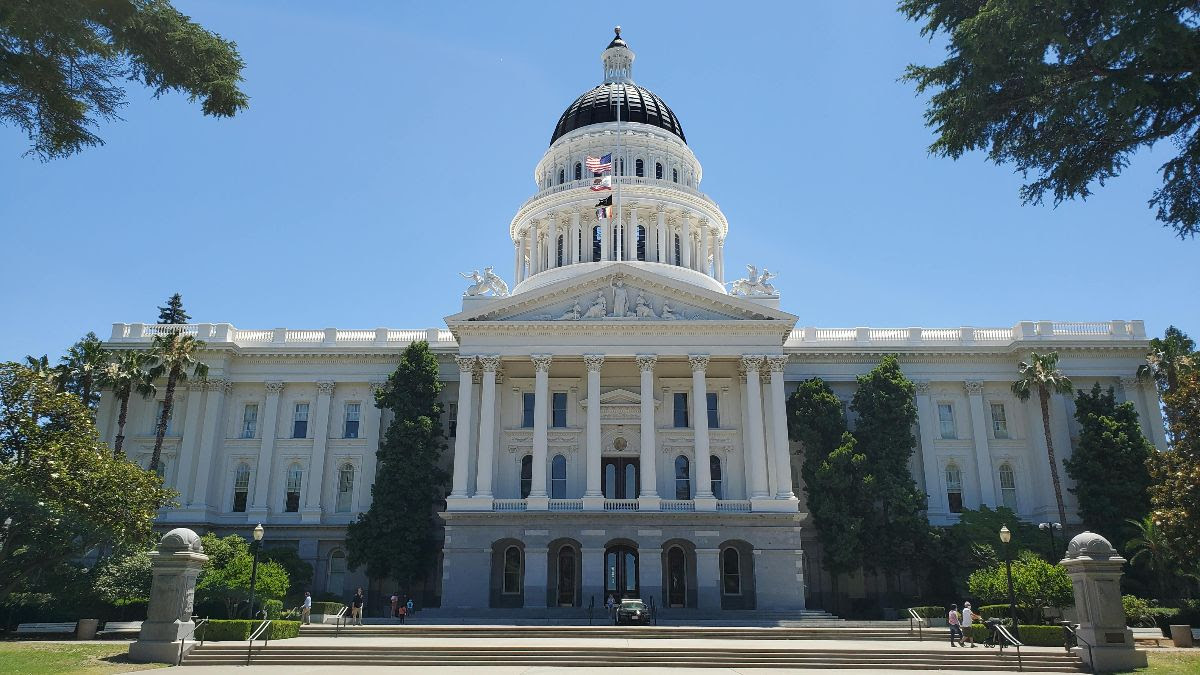FOSI Briefs the States: Takeaways from our Changemakers in California Event

Last week, my colleagues and I had the privilege of moderating a robust conversation with a group of nearly 30 digital safety experts in the state to discuss the best path forward on kids’ safety in Sacramento. This event fostered honest and open dialogue amongst the stakeholders.
While we went into the roundtable prepared to discuss the nitty gritty nuances of age assurance and the pros and cons of AI companion chatbots, what emerged from the conversation highlighted much more compelling themes: collaboration, education, and research. California is in a unique position as a large state taking on tech but dissent remains even among the states’ stakeholders. What does the research tell us? How do we distill those findings to policymakers? Who is responsible for bringing young people into the fold?
The event opened with remarks from California Assemblymember Josh Lowenthal, lead sponsor of the controversial AB 2 that would impose fines on tech platforms for injury caused to minors. Assemblymember Patrick Ahrens, co-chair of the California Legislative Technology and Innovation Caucus also provided remarks and emphasized his role as a convener and stressed the importance of partnership among tech not only in California but federally as well.
A few key takeaways:
Collaboration: Attendees universally agreed that more collaboration across stakeholders is needed. Gaps were identified between the wealth of research that exists and getting that data into the hands of policymakers. A particular emphasis was placed on how young people are smart but often left behind when crafting the ideas that work best for them. Legislators in attendance spoke honestly about the importance of finding alignment among the stakeholders in the room while researchers shared how existing data can and should be used more as legislative efforts continue.
Education: Online safety advocates have almost always agreed that media and digital literacy is imperative to keeping kids safe online. A particular group highlighted at the event was My Digital TAT2, a Health Connected Program. This nonprofit organization provides media literacy education directly to young people during the school day. But education for students isn’t enough. Attendees shared that policymakers also need this level of information in a more intentional way than a 15 minute lobby session. Funding is key to getting these types of programs in front of the right audiences.
Research: In the room with us were several technology safety and youth wellbeing researchers, some of who shared that the data isn’t necessarily causal and may not always point to one distinct legislative solution as the answer. However, there is a wealth of research that shows that children experience both positive and negative consequences to online life and that research must get into the hands of decision makers, both in the legislature and in industry.
In order to coalesce around the right solutions to keeping kids safe online, we need to share resources, foster thoughtful conversations, and bring young people into the discussion.
FOSI is proud to convene stakeholders across the country in our state-level policy events FOSI Briefs the States. If you are interested in hosting or attending this type of event, please contact Marissa Edmund at medmund@fosi.org.

 Marissa Edmund
Marissa Edmund